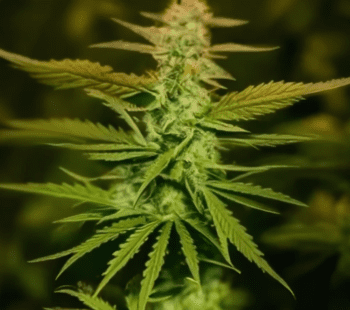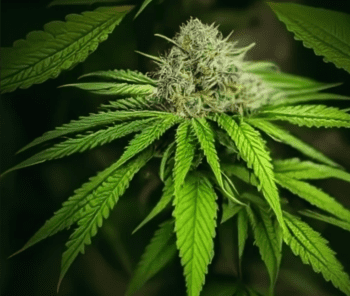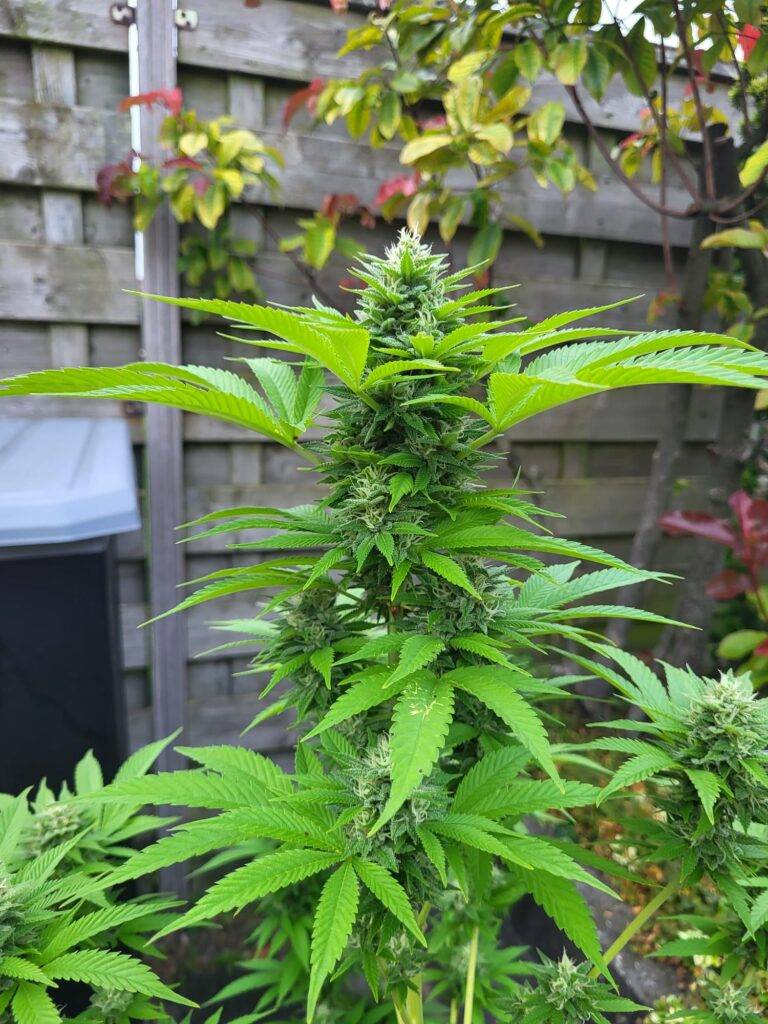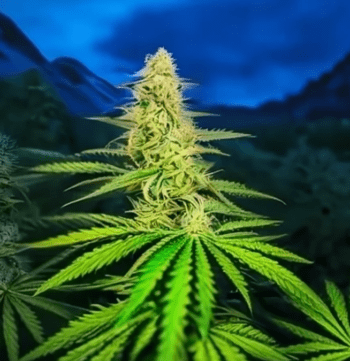Are Autoflower Seeds Always Female?
Autoflowering cannabis seeds have revolutionized the cannabis cultivation industry, offering growers a simpler, faster, and more efficient way to produce high-quality cannabis. But one question that often arises is: Are autoflower seeds always female? Let’s delve into this topic and uncover the truth.
Understanding Autoflowering Cannabis
Before we answer the question, it’s crucial to understand what autoflowering cannabis is. Unlike traditional cannabis plants that require specific light cycles to flower, autoflowering strains automatically transition from the vegetative stage to the flowering stage after a certain period, regardless of the light cycle. This trait makes them a popular choice among growers, especially those with limited space or time.
The Sex of Autoflowering Cannabis Seeds
Now, let’s address the main question: Are autoflower seeds always female? The short answer is no. Like regular cannabis seeds, autoflowering seeds can be either male, female, or hermaphrodite. However, most commercial autoflowering seeds are feminized, meaning they have been bred to produce only female plants.
Why Feminized Autoflowering Seeds?
Feminized autoflowering seeds are preferred for several reasons:
- Female plants produce the bud that is harvested for its rich THC and CBD content. Male plants, on the other hand, produce pollen for reproduction and do not produce usable buds.
- By using feminized seeds, growers can avoid the risk of male plants pollinating their females, which would result in seedy buds.
- Feminized seeds also save growers the time and effort of identifying and removing male plants.
How Are Autoflowering Seeds Feminized?
Autoflowering seeds are feminized through a process called “stress testing.” This involves exposing female plants to stressors like irregular light cycles or temperature changes, which triggers them to produce male flowers. These male flowers produce pollen that can fertilize other female flowers, resulting in seeds that are genetically predisposed to be female.
Case Study: The Success of Feminized Autoflowering Seeds
A study conducted by the American Society of Horticultural Science found that feminized autoflowering seeds had a 95% success rate in producing female plants. This high success rate, coupled with the ease and efficiency of growing autoflowering strains, has led to a surge in their popularity among both commercial and home growers.
Conclusion
In conclusion, while autoflower seeds can technically be of any sex, most commercially available autoflower seeds are feminized to ensure they produce female plants. This is because female plants are the ones that produce the valuable buds that are harvested for their cannabinoid content. By using feminized autoflower seeds, growers can maximize their yield and efficiency, making these seeds a popular choice in the cannabis cultivation industry.
So, the next time someone asks you, “Are autoflower seeds always female?” you can confidently answer, “Not always, but most commercially available autoflower seeds are feminized to produce female plants.”




